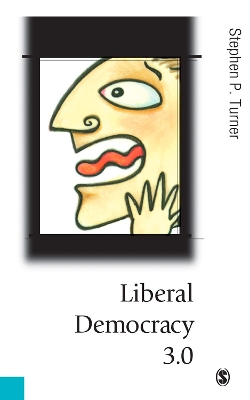Published in Association with Theory, Culture & Society
1 total work
What are the political implications of ′expert′ knowledge and especially scientific knowledge for liberal democracy? If knowledge is not evenly distributed upon what basis can the philosophy of equal rights be sustained?
This important book points to the crisis in knowledge in liberal democracies. This crisis, simply put, is that most citizens cannot understand, much less judge, the claims scientists make.
One response is the appointment of public commissions to provide conclusions for policy-makers to act upon. There are also `commissions from below′, such as grass roots associations that quiz the limits of expert knowledge and power and make rival knowledge claims. Do these commissions represent a new stage in the development of liberal democracy? Or is it merely a pragmatic device of no political consequence.
The central argument of the book is that in a `knowledge society′ in which specialized knowledge is increasingly important to politics, more has to be delegated because democratic discussion can′t handle it. This limitation in the scope of liberal democracy threatens its fundamental character.
The book will be required reading in the fields of social theory, political theory and science studies.
